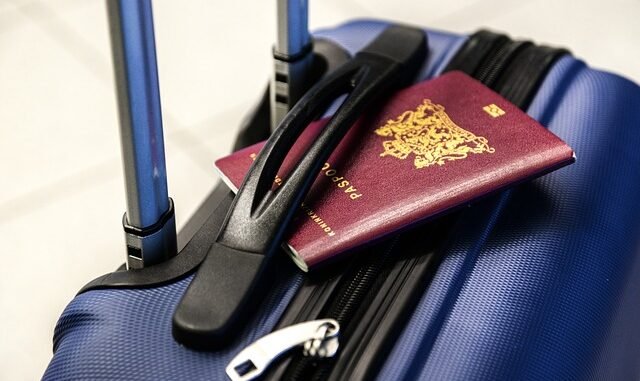
Navigating the complex landscape of hand luggage policies among different airlines can often lead to unexpected fees and frustration for travellers. However, a promising change may be on the horizon, with the European Union (EU) taking steps to simplify air travel ticket pricing and potentially eliminate carry-on baggage fees.
The European Parliament’s Committee on Petitions has unanimously endorsed a resolution that calls on airlines to ensure passengers can bring cabin baggage on board free of charge. This initiative seeks to enforce a ruling from the European Court of Justice in 2014, which asserted that cabin baggage meeting “reasonable” size and weight criteria should be an integral part of air travel without additional fees. Although this decision was made years ago, it has not been consistently enforced.
The resolution aims to address two significant issues: the inconsistency in hand luggage policies among airlines and the lack of transparency in advertising that can lead to hidden baggage fees when purchasing tickets. Airlines’ varying weight and size limits for cabin baggage can pose a problem, especially for passengers with connecting flights on different carriers, potentially subjecting them to unexpected charges at the gate.
Moreover, the EU is pushing airlines to be more transparent in providing information about additional costs, such as seat allocation fees and flight timing adjustments. This move is part of a broader effort to simplify ticketing and fees across the EU, making air travel more straightforward and fair for consumers.
Recent developments in Spain highlight the need for such reforms. The Ministry of Consumer Affairs in Spain initiated an investigation into several low-cost airlines for their separate hand luggage fees. By separating these fees from ticket prices, carriers could appear to offer more competitive prices that do not reflect the total cost passengers ultimately pay. This could mislead travellers into thinking they are getting a better deal than they actually are. Additionally, concerns have been raised about search engines potentially favouring airlines advertising these ultra-low fares.
Spanish MEP Jordi Cañas emphasised the need to end these practices, stating, “Low-cost airlines do business with the price of tickets by hiding the extra for carrying cabin baggage until the end of the purchase.” Europe has previously spoken out on this issue, but member states continue to allow airlines to manipulate prices and mislead travellers, which, according to Cañas, must cease.
In summary, the EU is taking significant steps to simplify air travel ticket pricing, eliminate carry-on baggage fees, and enhance transparency in airline advertising. These efforts aim to make air travel more accessible and equitable for passengers while preventing deceptive practices that have long caused frustration for travellers. The upcoming vote in the European Parliament in October will be a crucial milestone in realising these changes.



